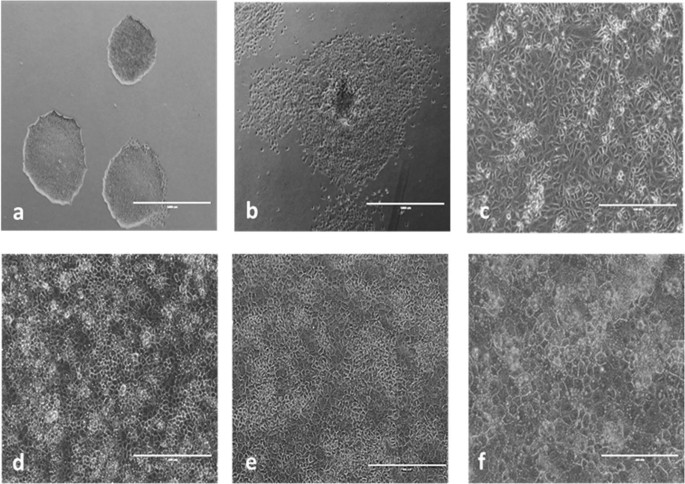- Select a language for the TTS:
- UK English Female
- UK English Male
- US English Female
- US English Male
- Australian Female
- Australian Male
- Language selected: (auto detect) - EN
Play all audios:
ABSTRACT As an introduction to the subject, this book doubt less covers the requirements of students of pharma ceutical chemistry. It does not, however, in matters of detail, arouse the
reviewer's enthusiasm. The introduction of unusual abbreviations is confusing; the arithmetical examples are frequently expounded in an unnecessarily elementary manner the use of
exactly normal solutions, instead of the employment of a factor is directed; the explanation of the use of excess of free acid in permanganate titrations is incomplete, so as to be quite
misleading; the use of the symbol O3, except to indicate a molecule of ozone, is to be deprecated; the standardisation of _N_-sulphuric acid by titrating 10 c.c. with “recently prepared and
standardised _N_-potassium or sodium hydroxide” is open to obvious criticism. In addition to the usual in organic volumetric exercises, the analysis of sugars, oils, alkaloids, urea,
formaldehyde, and organic nitrites is described, and a short section is devoted to the principles underlying the determination of hydrogen ion concentration. Essentials of Volumetric
Analysis: an Introduction to the Subject, adapted to the Needs of Students of Pharmaceutical Chemistry. Prof. Henry W. Schimpf By. Fourth edition, revised and enlarged by Dr. Alfred Cone.
Pp. xiv + 370. (New York: John Wiley and Sons, Inc.; London: Chapman and Hall, Ltd., 1926.) 15_s_. net. ARTICLE PDF Authors * A. A. E. View author publications You can also search for this
author inPubMed Google Scholar RIGHTS AND PERMISSIONS Reprints and permissions ABOUT THIS ARTICLE CITE THIS ARTICLE E., A. _Essentials of Volumetric Analysis: an Introduction to the Subject,
adapted to the Needs of Students of Pharmaceutical Chemistry_ . _Nature_ 120, 77 (1927). https://doi.org/10.1038/120077b0 Download citation * Issue Date: 16 July 1927 * DOI:
https://doi.org/10.1038/120077b0 SHARE THIS ARTICLE Anyone you share the following link with will be able to read this content: Get shareable link Sorry, a shareable link is not currently
available for this article. Copy to clipboard Provided by the Springer Nature SharedIt content-sharing initiative





